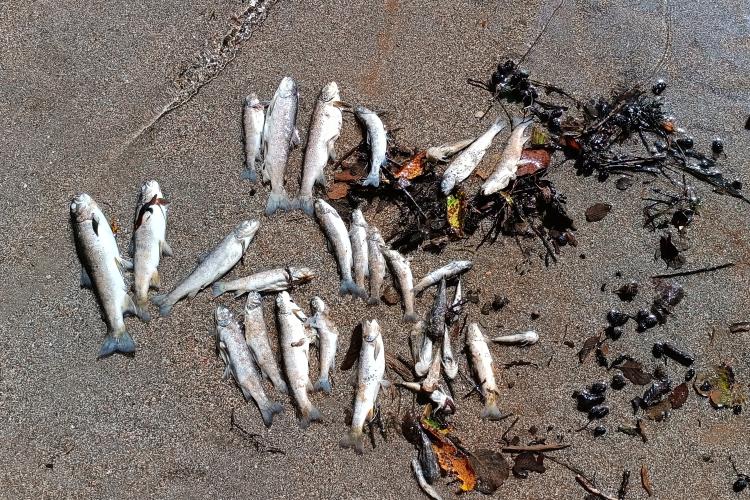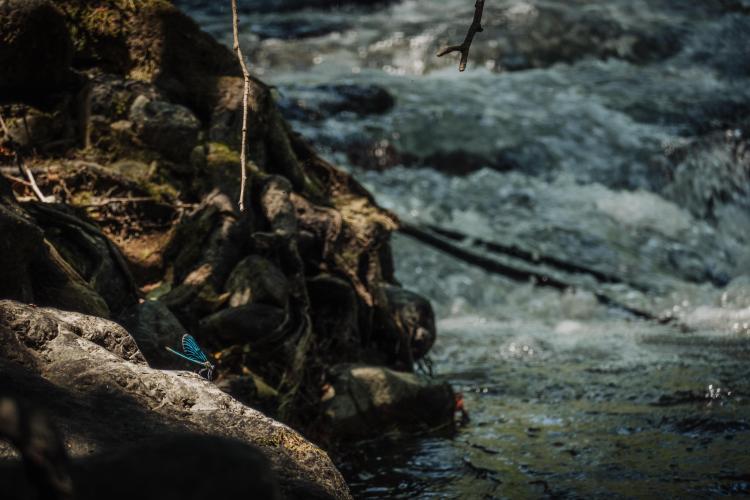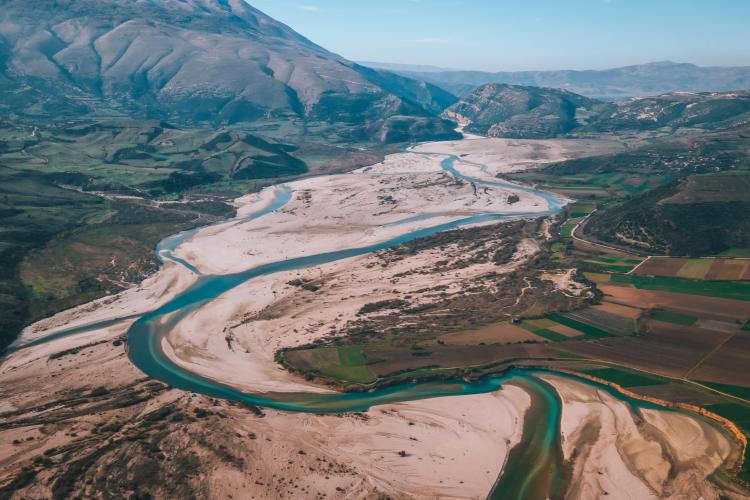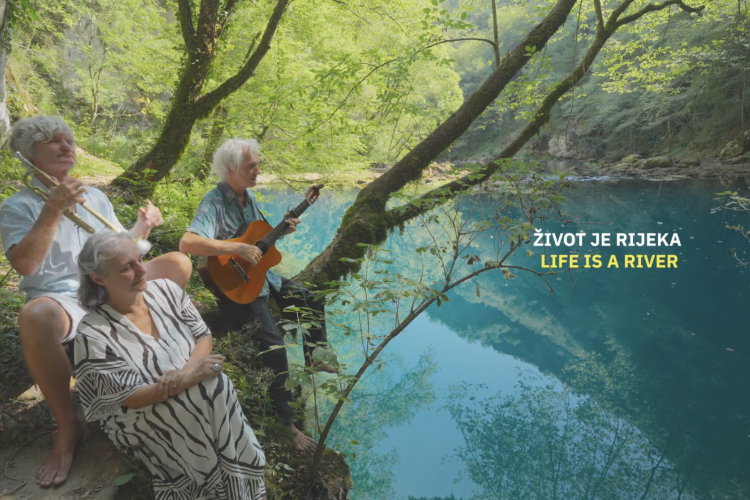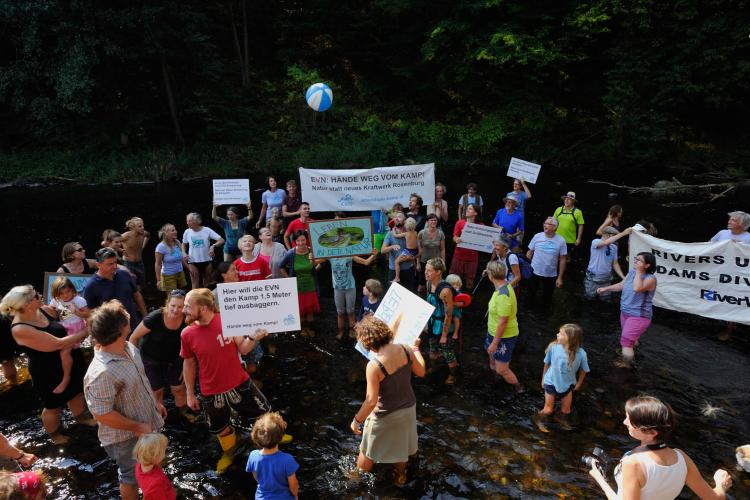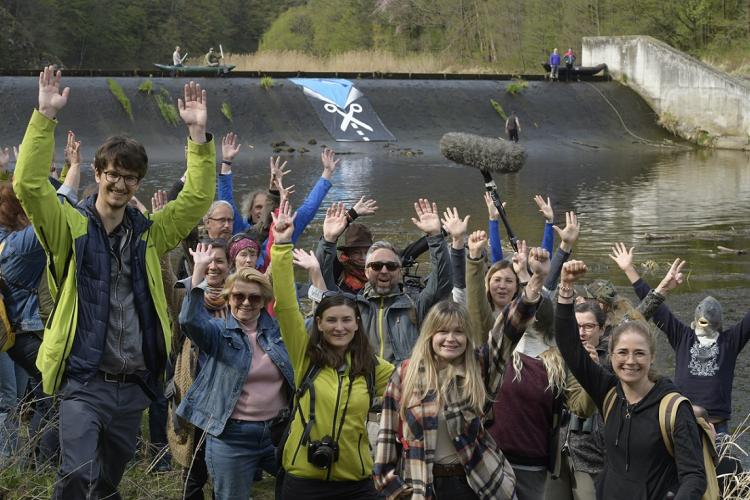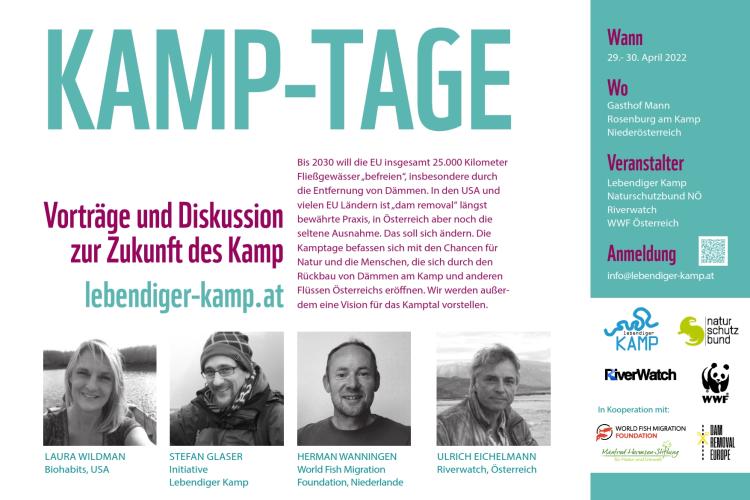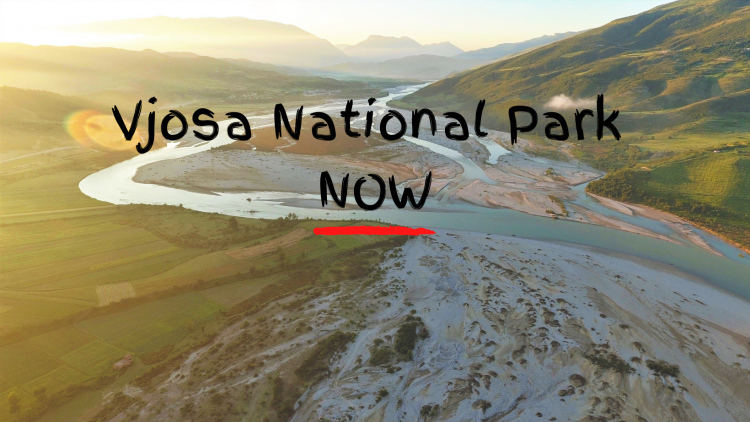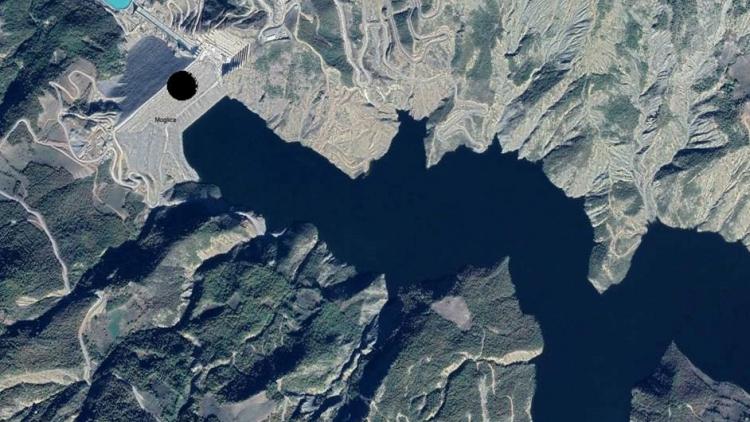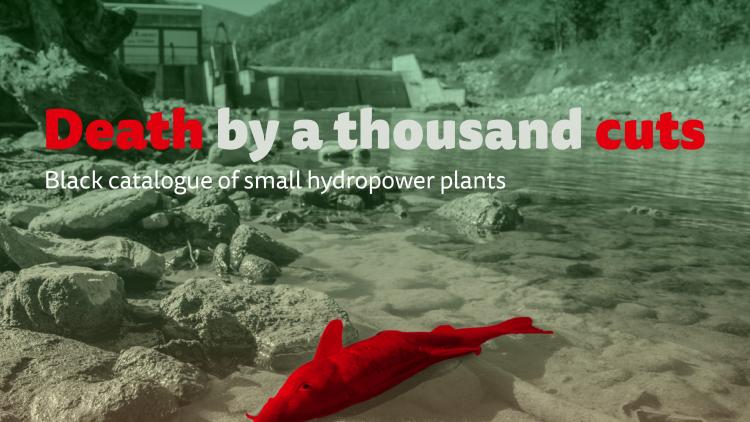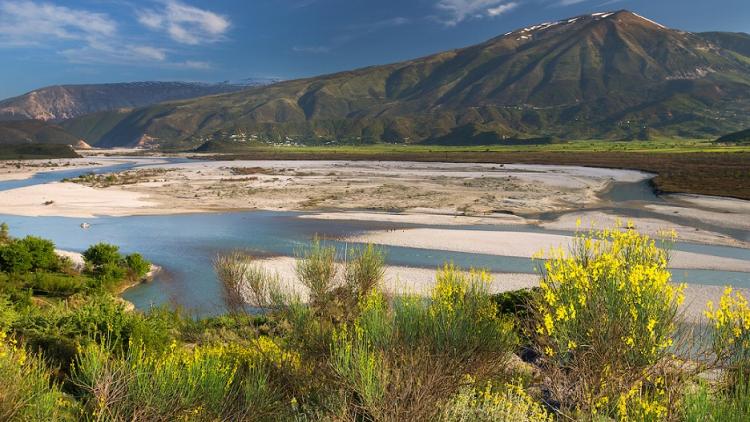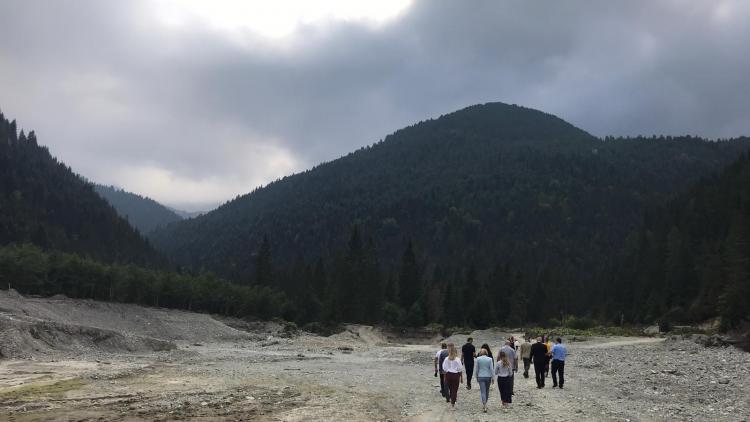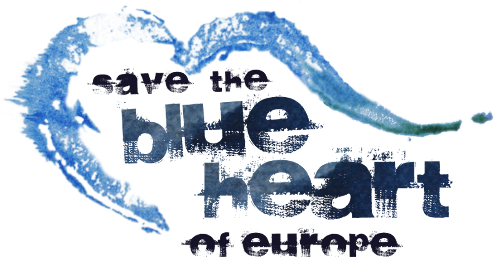'Vjosa Forever' chronicles the ongoing struggle to secure the future of the unique Vjosa river system, from political uncertainty and opportunistic greed to the hopes of creating a Vjosa National Park (the first of its kind in Europe). With an Albanian election in April of 2021, we fear that this ‘Queen of Europe’ faces its greatest danger yet. At this historic moment, people everywhere have an obligation to speak for the Vjosa; to keep it running wild, forever.

